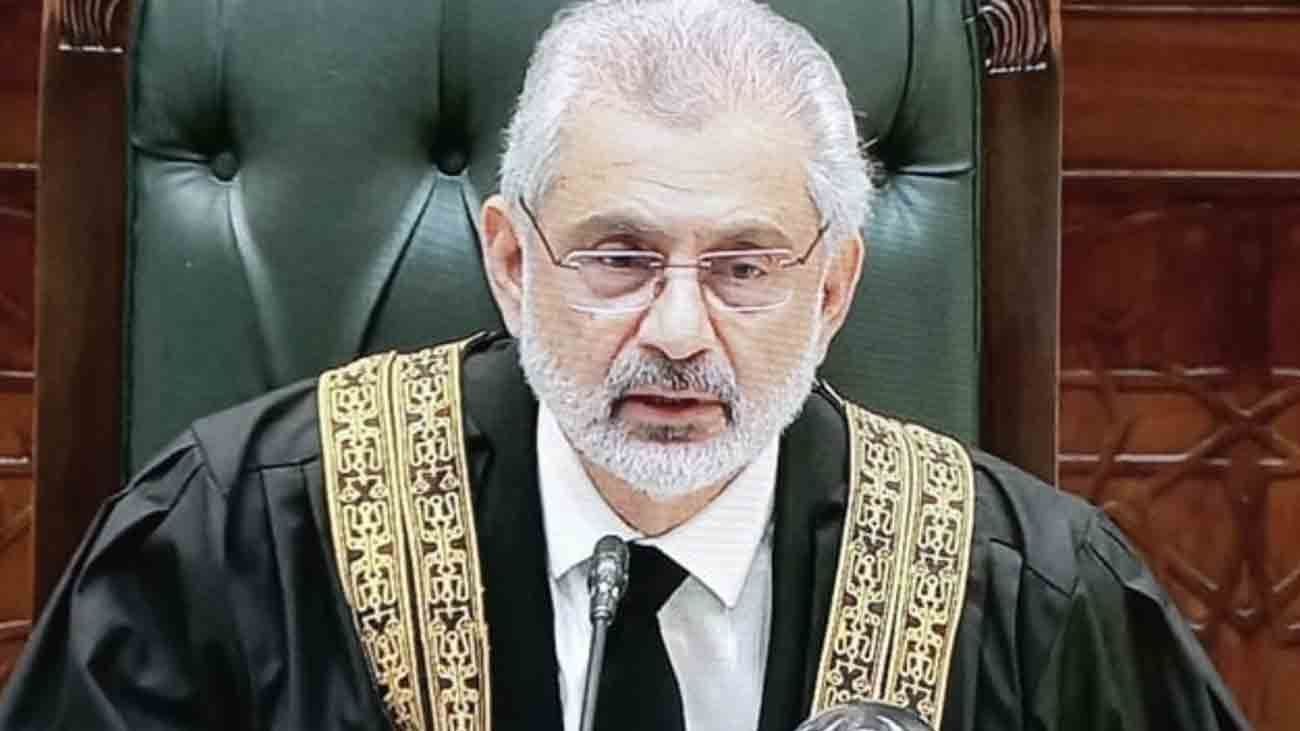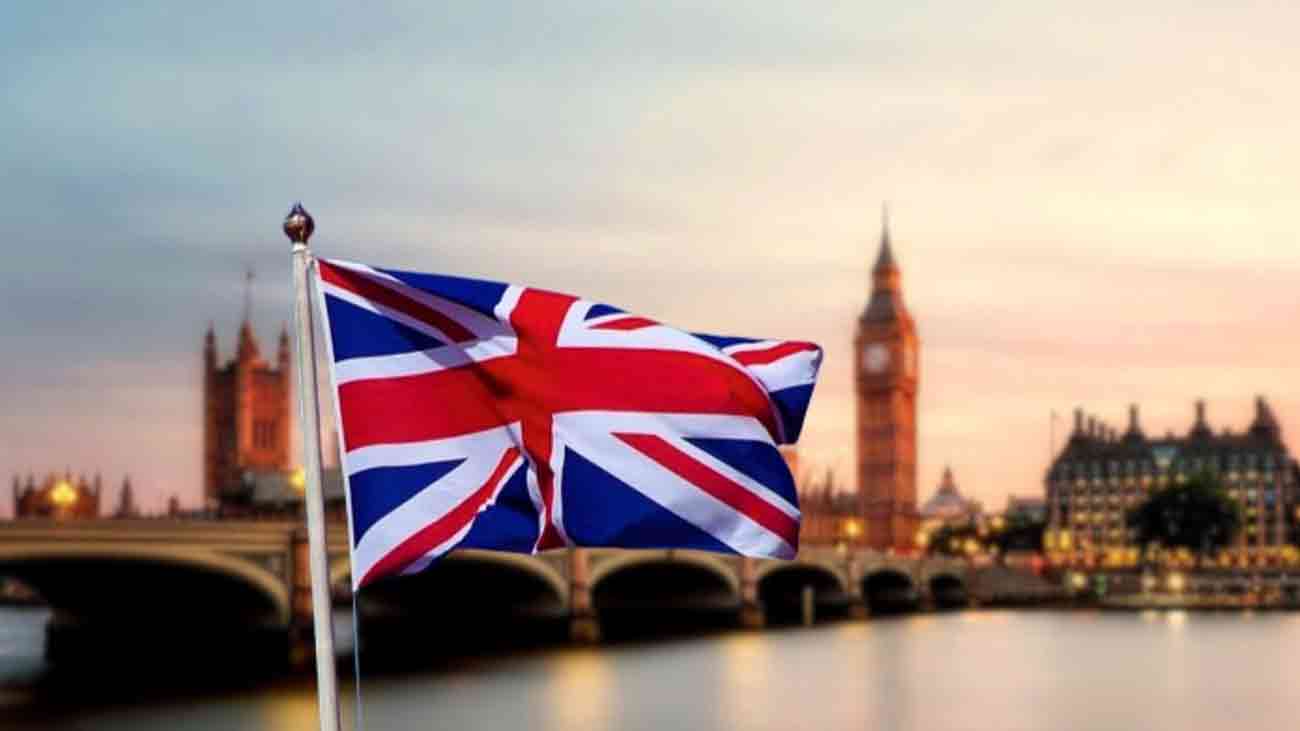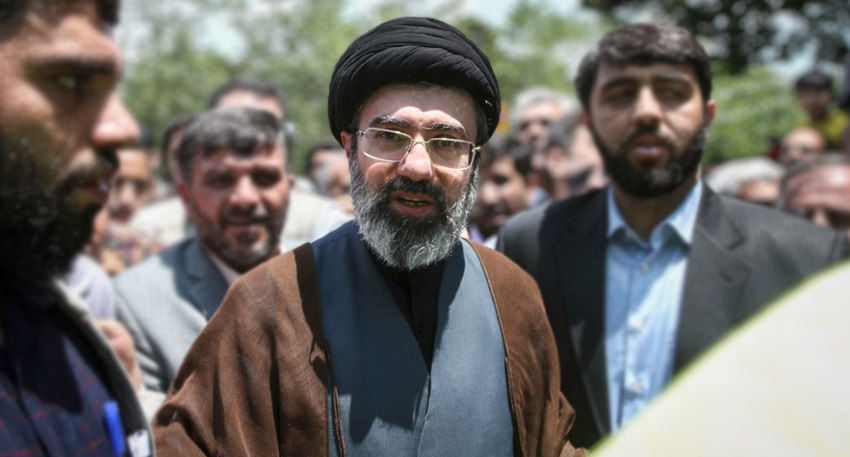
During the previous Pakistan Democratic Movement (PDM)-led government the Supreme Court in a 2-1 majority verdict approved former prime minister Imran Khan’s petition challenging the amendments made to Pakistan’s accountability laws. The court had also reinstated corruption cases against public office holders that had been closed following the NAB amendments.
Against the three-member SC bench’s verdict, a five-member bench led by Chief Justice of Pakistan Qazi Faez Isa and consisting of Justice Aminuddin Khan, Justice Jamal Khan Mandokhail, Justice Athar Minallah, and Justice Hasan Azhar Rizvi heard the appeals. PTI founder Imran Khan took part in the proceedings via video link from Adiala jail.
At the outset of the hearing, Pakistan People’s Party lawyer Farooq H Naik informed the apex court that various points of the judgment had been highlighted in the written submissions, saying, “I have written my arguments on the SC judgment.”
The chief justice asked the lawyer whether he was supporting the decisions following the submissions to the court. Naik said he supports Justice Mansoor Ali Shah's note.
Also read: SC adjourns NAB amendments case indefinitely
“Are you following the arguments of Makhdoom Ali Khan?” asked the chief justice. Naik replied, “My position is the same but the arguments are my own.”
Afterwards Khawaja Haris assisted the SC in the appeals.
Justice Minallah asked Haris if the way NAB arrested the accused was right. The lawyer replied that many amendments in NAB were good. “But we were neither satisfied with 90-day remand nor the arrests,” he added.
He maintained that the good amendments were not challenged.
On question about the NAB law by the CJP, Haris replied that it was introduced by the government of former president General (retd) Pervez Musharraf’s rule, while a similar act was passed by the Nawaz Sharif government prior to that.
CJP Isa told Haris that the PTI government could have restored the NAB Act. Haris said, “No politician's name has been written in our petition.”
The chief justice remarked apparently PTI founder’s government only wanted the accountability of the politicians.
The top judge added that no amendment was made in relation to the judiciary and institutions or individuals on which the law is not applicable, maintaining that the Parliament could have legislated in this regard.
“All major political parties were in government from 1999 to 2018, said Haris, adding that no government made such amendments to the law. The amendments were challenged by PTI, therefore, they would be questioned, the chief justice said.
He maintained that the amendments were challenged in a specific context. Corruption affects the basic rights of people and looting people’s money is a violation of fundamental rights, he said. He noted that NAB laws were applicable to public office holders and they aren’t just politicians.
Justice Mandokhail questioned, “Is only the NAB authorised to find out whether there is corruption or not.” Justice Minallah asked why NAB’s authority was only placed on the elected public office holder and not a non-elected one.
The CJP questioned, “Do you just want political accountability?” He later asked why only politicians were kept under the jurisdiction of NAB as that was “beyond comprehension”.
Haris replied that decisions were made by elected representatives and their implementation is done by bureaucracy.
The chief justice whether the opinion of Justice Shah was correct or that of other two-members of the bench.
“In my opinion, Justice Mansoor Ali Shah's note was not correct,” he replied.
Justice Minallah remarked that the Parliament’s legislation cannot be suspended — a view that the chief justice also echoed.
Justice Minallah questioned Haris which amendments were challenged by his client.
Haris said the amendments in Section 2 were challenged to apply retroactively. The amendments in Section 4, 16, 21-G and Section 25-D were challenged.
About repealed amendments, the lawyer provided details to the bench.
After completion of respondents’ arguments, the Supreme Court reserved the verdict on the federal and provincial government’s plea.




